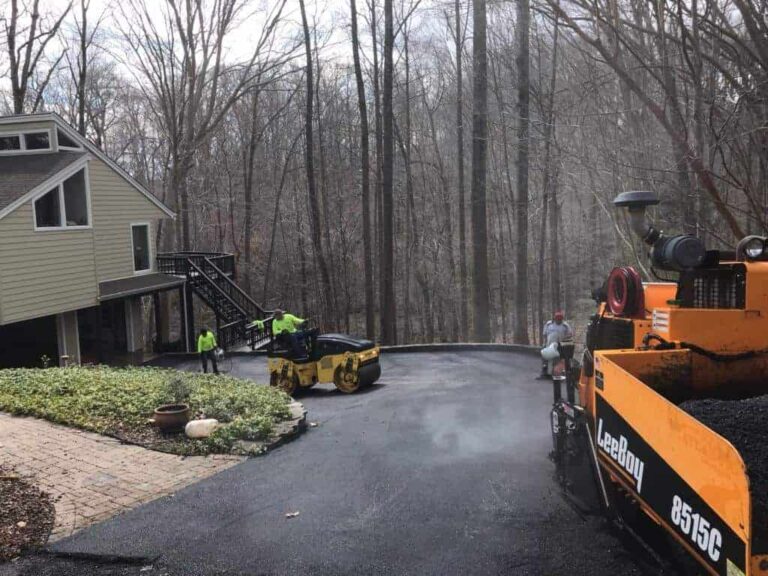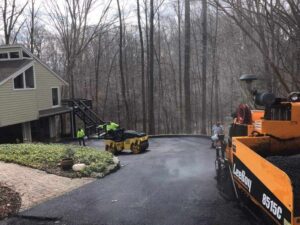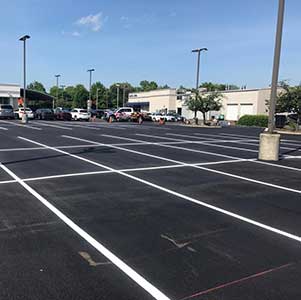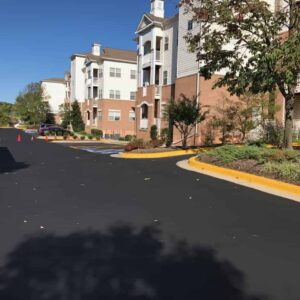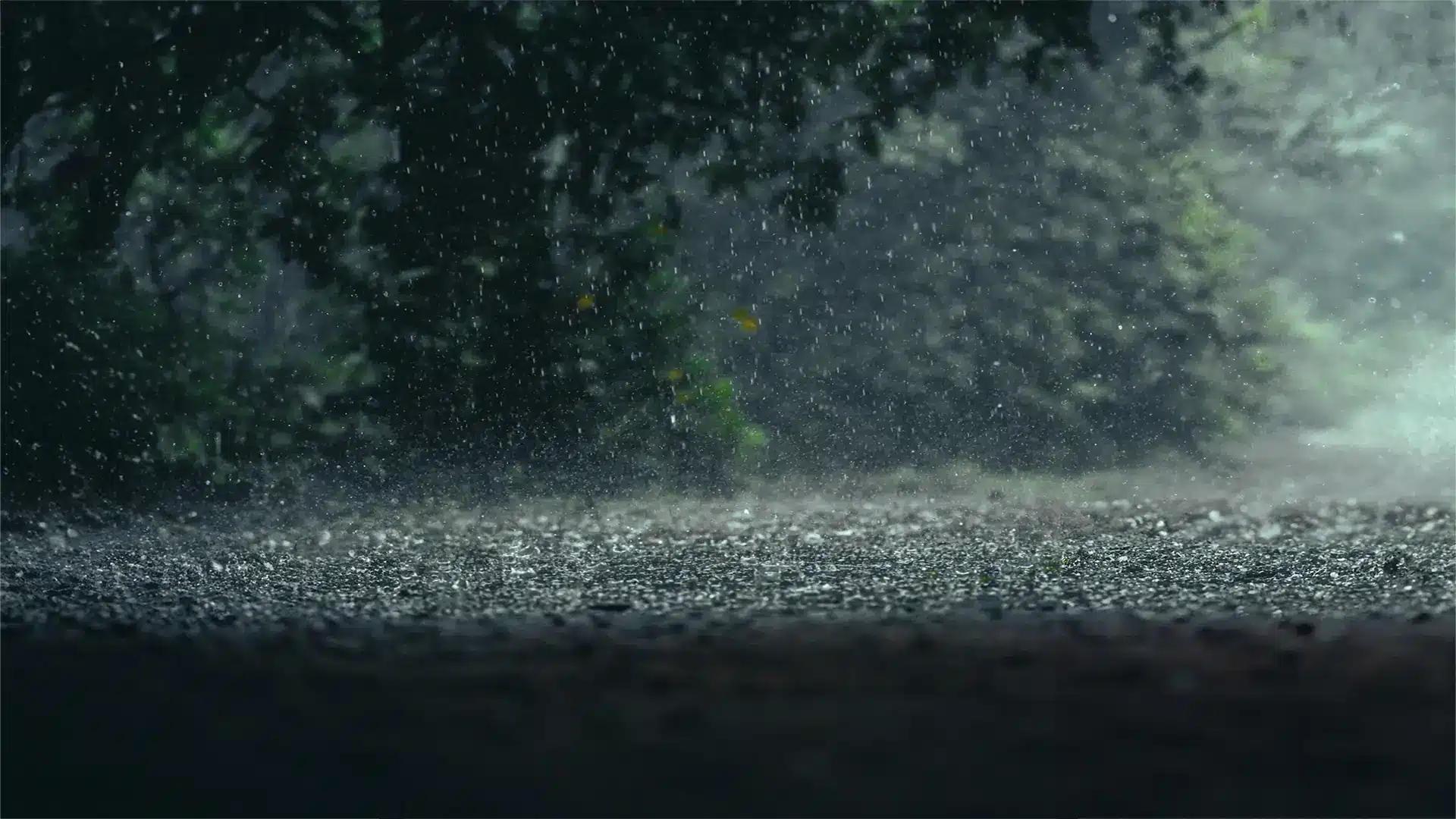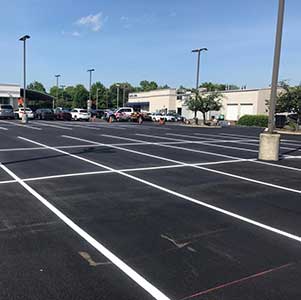If you’re not totally familiar with working with asphalt, you might have quite a few questions about how it’s used and about how long it lasts. One of the most popular questions regarding asphalt for homeowners, is how long sealcoating can be expected to last on their driveways. There are also other questions, such as when the best time to apply sealcoating might be, and how frequently the process needs to be repeated. This discussion will focus on the longevity for any good sealcoating process, and will touch on a couple of the other popular questions as well.
How long it will last
Generally speaking, you can expect a good sealcoating to last for two or three years, although there are attendant circumstances which could either shorten that time frame or add to it. The actual duration of your sealcoating effectiveness will depend on several factors, for instance the volume of traffic your asphalt surface must endure, and the degree of exposure it has to weather elements. Many homeowners who are not aware of the damage which can be done by weathering allow their asphalt driveways to go unsealed for as long as a decade, before they begin to notice drying and cracking. At the other end of the spectrum, some over-cautious homeowners will apply sealcoating to their asphalt driveways every single year, and this is not a desirable approach either. When you apply sealcoating too frequently, it can build up on the surface of the asphalt and cause flaking, peeling, or cracking. For the most part, it will take two or three years for the sealcoating which you apply to be worn away by weathering, and that will be sufficient time for you to apply a fresh coat for protection.
New driveways
If you’ve just had a new asphalt driveway installed, you won’t need to have it sealcoated right away. You’ll be safe in allowing at least six months to a year to pass without sealcoating your driveway. You should generally permit at least one winter to go by before undertaking a good sealcoating for your asphalt driveway, because that will expose the surface to a typical weathering cycle. During the springtime of the following year would be a good time to apply your initial sealcoating to begin protecting your asphalt surface.
Best time of year for sealcoating
Almost any time of year where the weather is consistently above 50° can be a good time for sealcoating. The seal will always cure and dry faster in warm weather months like June, July, or August, so these are probably the optimal months in most states for sealcoating. It’s also best if you can arrange for a time when you expect two or three days of consecutive dry time, with no anticipated rainfall. This will allow the curing and sealing to occur more quickly without interruption. As long as the ground temperature and the air temperature are above 50° for the entire installation and curing process, any time of year at all will be just fine for sealcoating your driveway.
Asphalt repairs
It will usually be pretty obvious when your asphalt requires repair work, as opposed to a simple sealcoating. There will be some obvious signs such as potholes or a buckled surface. Even without these tell-tale signs, you might may notice fading or staining of your asphalt, puddles which linger after a rainfall, or alligator cracks which will allow for water to penetrate beneath the surface. In cases like these, sealcoating will not do much to fix the problem, and you’ll have to conduct asphalt repairs in order to restore the integrity of your surface.

